#Regulation
Mercedes Confused Over Why It Ditched V8s for U.S. Market
While Mercedes-Benz has gradually been moving away from larger motors, it was still a shock to learn that the company would be removing the brunt of its V8-powered lineup in the United States for the 2022 model year. Higher-end vehicles typically come with broader profit margins and Americans tend to like V8s, so it was strange to see the brand tailoring its product at the last minute. Less surprising, however, was watching the entire automotive community speculate on the reasons why.
As your author is constantly suspect of regulations, it was my assumption that emissions compliance was the main culprit. But one would assume European rules would have put the kibosh on V8s in the home market long before cars were neutered in North America. Mercedes likewise suggested this was not the case, alluding to supply chain issues that have been hampering the industry since the start of 2020 while it promised to fix the problem as soon as possible. Then, Daimler executives started giving different answers and hit the reset button on the global supposition surrounding the discontinued engines.
Gas War: Tesla Asks U.S. to Increase Fuel Economy Fines
Last month, the U.S. National Highway Traffic Safety Administration (NHTSA) proposed new rules that would increase fines for automakers who previously failed to adhere to fuel efficiency requirements. EV manufacturer Tesla has predictably endorsed the rules and has begun urging the federal government to put the plan in action as soon as possible.
While automakers have issued concerns that increasing penalties could cost them over $1 billion per year through regulatory fines and the purchasing of carbon credits, Tesla has been asking the Biden administration and a U.S. appeals court to expedite the process and make the proposals binding. Though that’s undoubtedly because the company sells its credits to the tune of at least $350 million annually and doesn’t build a single automobile that’s powered by gasoline.
Opinion: Elon Musk's Criticisms of the EV Incentive Bill Are Valid
Tesla CEO Elon Musk isn’t fond of the new electric-vehicle incentives being proposed by the United States Congress and recently stated as much over social media this week. He even went so far as to allege that the bill was lobbyists working on behalf of legacy automakers and the United Auto Workers, as it monetarily benefits domestic manufacturers with strong union ties above all others.
Truth be told, it’s kind of hard to respond to those claims with anything other than an affirmative nod. Due to his seemingly intentional manipulation of cryptocurrency and willingness to overpromise Tesla investors, I’m not the biggest fan of Musk. However, he’s getting support from other manufacturers and it’s pretty hard for your author to see any legislative scenario other than the one he’s supporting — especially since this is frequently how business is done on Capitol Hill.
Twist: NHTSA Tesla Autopilot Probe Now Includes Other Automakers
The National Highway Traffic Safety Administration (NHTSA) has been doing a deep dive into Tesla’s Autopilot to determine if 765,000 vehicles from the 2014 model year onward are fit to be on the road. We’ve covered it on numerous occasions, with your author often making a plea for regulators not to harp on one company when the entire industry has been slinging advanced driving aids and distracting infotainment displays for years.
Apparently someone at the NHTSA either heard the blathering, or was at least of a similar mind, because the organization has expanded its investigation to include roughly a dozen other automakers.
Opinion: Big Fines and EPA Crackdowns Spell Big Trouble for Speed Shops
New York to Ban Sale of Gasoline Vehicles After 2035
New York Governor Kathy Hochul signed into law a bill that effectively makes the sale of new gasoline-powered automobiles illegal within the state after 2035. On Wednesday, the state’s new governor took the brave step of copying California in deciding that all new passenger cars and light-duty trucks be zero-emission models within the next 14 years. Though she saw it as a totally original strategy necessary for stopping the horrors of global warming, which we now call climate change.
It’s also not technically her plan, as the State Assembly voted on the bill months before she took office with all Democrats and three Republicans voting in favor. It later passed the Senate in another party-dependent vote aided by the state’s Democratic majority.
The End of Leaded Gasoline, Lessons to Remember
Prior to 1970, buying leaded gasoline in the United States was as normal as picking up a carton of eggs or relaxing in your asbestos-laden home. After 1970, the U.S. Congress had officially adopted the Clean Air Act created the Environmental Protection Agency (EPA), and the gradual phasing out of leaded fuel began. While many bemoaned the lackluster performance of the malaise-era automobiles that followed, the rules continued to inform how vehicle manufacturers operated on a global scale.
But leaded gasoline hung in there for longer than you might assume. Most Western nations (including the United States) didn’t totally phase out leaded gasoline intended for passenger vehicles until the 1990s. Central Asia took even longer and parts of the Middle East and Africa continued to offer lead additives well into the 2000s. However, the United Nations Environment Program announced that leaded gasoline had officially become extinct over the summer, with Algeria being the final country to deplete its now-banned supply.
Auto Alliance Outlines EV Charging Infrastructure Plan, Asks for Help
This week, the Alliance for Automotive Innovation (the largest automotive lobby in existence) released a set of principles relating to the EV charging infrastructure that it believes will be absolutely necessary to spur consumer adoption of electric and alternative energy vehicles in the United States.
“For the auto industry’s transition to electrification to be successful, customers will need access to affordable and convenient charging and hydrogen fueling, easy-to-understand utility rate structures that reward off-peak charging, and improved charging times,” John Bozzella, CEO of the alliance, said on Wednesday. “And we must also work together to grow EV sales without leaving low-income, rural or disadvantaged communities behind.”
That’s corporate-speak for “we need to stop catering to wealthy buyers and the government needs to pay for as much of this as possible.”
NHTSA Identifies 12th Autopilot Related Crash Involving Emergency Vehicles
The U.S. National Highway Traffic Safety Administration (NHTSA) has identified another traffic incident pertaining to Tesla’s driver assistance features and emergency vehicles, making the current tally twelve. These wrecks have been a matter of focus for the agency ever since it opened a probe to determine whether or not Autopilot can handle hiccups in the road caused by scenes where flares, cones, disabled automobiles, and first responders coalesce.
Though concerns remain that Tesla is being singled out unjustly when there’s little evidence to suggest that other manufacturers are providing more capable systems. Tesla’s issues appear to be heavily influenced by irresponsible marketing that makes it seem as though its vehicles are self-driving when no manufacturer can make that claim. U.S. regulators now want to place more restrictions on vehicles boasting autonomous features and, thus far, Tesla has been behind on those trends. But it’s hard to support claims that they make vehicles safer when none seem as effective as they should be.
NHTSA Considers Increasing Fines for Emission Violations
The National Highway Traffic Safety Administration is considering increasing penalties for automakers that fail to meet fuel-efficiency requirements. Though this could be considered a restoration of older standards, depending upon your perspective.
Shortly before leaving office, President Donald Trump postponed a regulation from the last days of the Obama administration that would have effectively doubled fines for vehicle manufacturers failing to meet Corporate Average Fuel Economy (CAFE) requirements. Automakers had been complaining that the rule would have dramatically increased operating costs, suggesting that would trickle down to vehicle pricing and give manufacturers selling carbon credits an unfair advantage.
Correct: Honda Says Senate Tying EV Subsidies to Unions Discriminatory
Despite regulatory efforts often being praised as essential for elevating standards and promoting safety, they’re also an excellent way to funnel money and favors between political and corporate entities in plain sight. This dichotomy is particularly glaring in regard to environmental restrictions, which frequently favor businesses that are wealthy enough to afford to adhere to them and subsidies that effectively reroute tax funding to support various industries.
Considering this, it’s fairly rare to see bigger businesses griping about government assistance. But that’s exactly what Honda is doing with a proposal in Congress seeking to provide additional EV subsidies to consumers that buy vehicles manufactured by union-backed plants. The manufacturer has stated it believes the Clean Energy for America Act is discriminatory by favoring specific automakers and will ultimately restrict the choices available to consumers – which is true.
Audi Abandoning Subcompact Cars Over Regulatory Pressure
Audi is discontinuing the A1, citing Europe’s regulatory landscape as the main cause. Eager to limit the amount of CO2 coming out of tailpipes, the European Union has placed strict limits on petroleum-powered passenger vehicles. For Audi, the price of manufacturing a subcompact automobile-dependent upon internal combustion is getting too high. Installing a smaller motor would negatively impact drivability while slotting in a hybrid powertrain means more R&D costs and jacking up the MSRP to a point where consumers might lose interest.
There’s just not much incentive to build small, efficient vehicles when the profit margins have been made razor thin and people aren’t buying them in great numbers. And this is a lesson that’s being learned by all automakers, not just those associated to Volkswagen Group.
Europe Proposes Banning Internal Combustion Cars By 2035
Last week, the European Union proposed banning the sale of all new internal combustion vehicles starting in 2035. With several member nations proposing restrictions in the coming years, EU leadership feels it can accelerate the timeline to force electric vehicles as the de facto mode of transportation. The European Commission has suggested making it illegal to sell gas or diesel-powered vehicles in 14 years, with aims to reduce CO2 emissions produced by automobiles by 55 percent (vs 2021 levels) by 2030.
But countries that still produce vehicles have expressed reservations about the scheduling. France absolutely agrees with mandating restrictions that would reduce greenhouse emissions. Though President Emmanuel Macron’s office has been pressing that hybrid vehicles would be able to do much of the heavy lifting and fears that an outright ban of internal combustion could hamstring the industry if conducted too early. Germany, which manufacturers more vehicles than other EU member nations, is of a similar mind.
Right-to-Repair Movement Gets Federal Attention
While the right-to-repair movement is fighting a national battle, the brunt of the action has been taking place on America’s coasts. Consumer activists are taking on multinational corporations that don’t want you to modify your mobile devices, affix aftermarket components to your vehicle, or have complete access to the data that’s amassed by the staggering number of products that are needlessly networked to the internet. After years of petitioning the government, often while arguing with high-paid lobbyists, the group achieved a major victory in Massachusetts in 2020. Voters decided that automakers should not be allowed to withhold information from the vehicle’s owner or use it as a way to prohibit them from taking their car into independent repair shops (rather than manufacturer-certified service centers) or tinkering with it themselves.
Now the federal government is getting involved. Joe Biden has signed an executive order that effectively forces the Federal Trade Commission (FTC) to take regulatory action that would settle the matter. But we don’t really know if that’s going to lead to a market where customers are free to treat their property (and private data) as they wish, one where the manufacturer holds all the cards, or simply result in a regulatory minefield displeasing all parties.
Tesla's German Factory Needs Help From Shanghai
Despite achieving a miraculous global expansion in a period where established industrial conglomerates and regulatory hurdles make it nearly impossible for new automakers to persist, Tesla’s German facility is running behind schedule. Production at the Gruenheide plant (aka Giga Berlin or Gigafactory 4) was originally planned to commence this month, with deliveries kicking off shortly thereafter. But those targets have been shifted closer to the end of this year or the more likely scenario of early 2022.
As Tesla would still like to supply the market, its facility in Shanghai will begin shipping vehicles to Europe in August until local production can be achieved. Model Y crossovers will be imported from China until its German site has its assembly lines humming, which has turned out to be a harder task than the automaker anticipated.



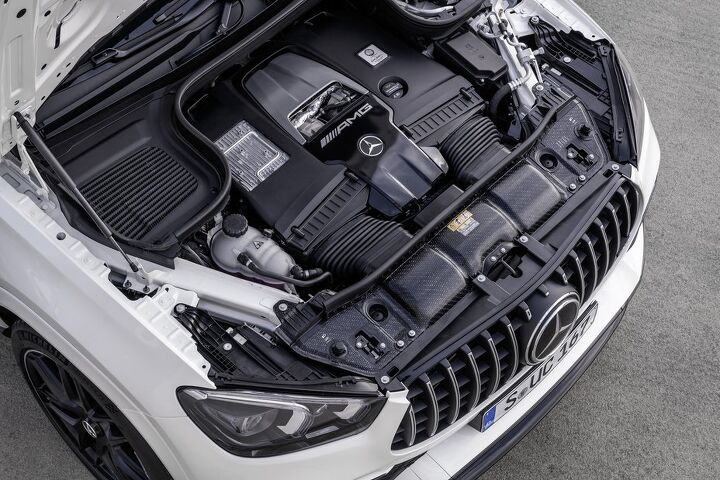

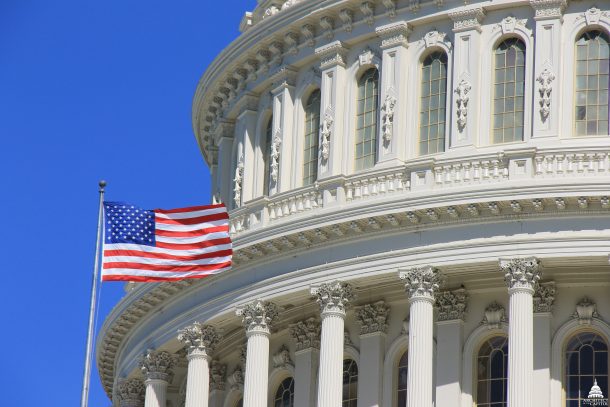
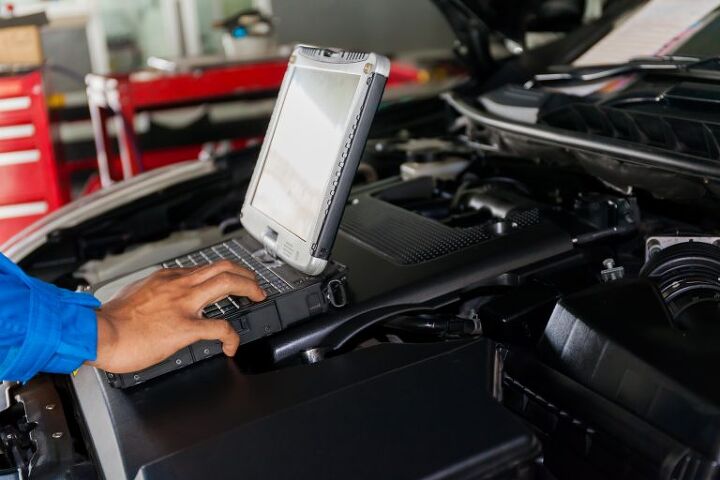




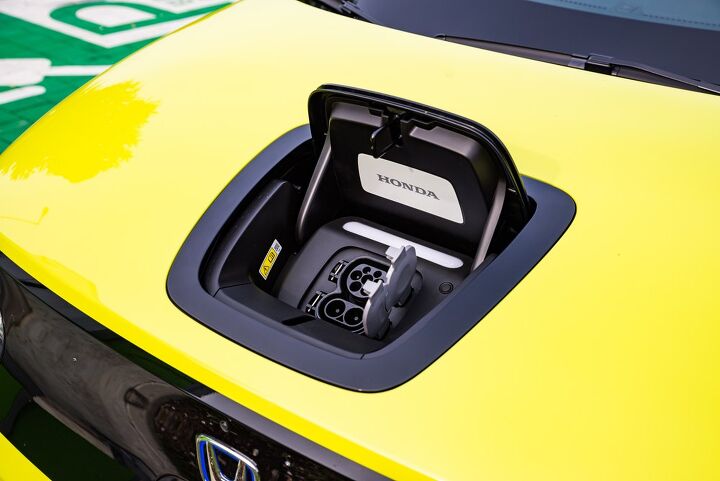

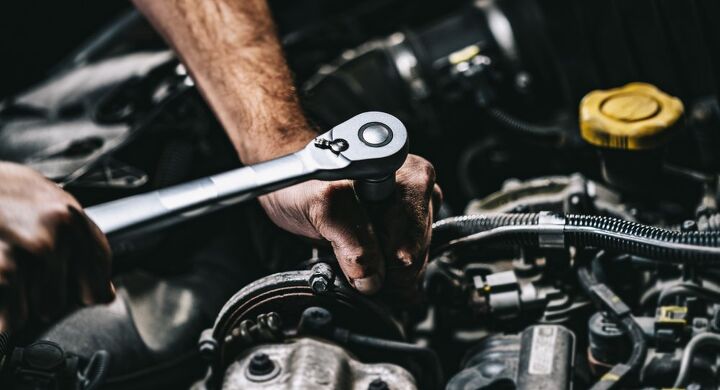
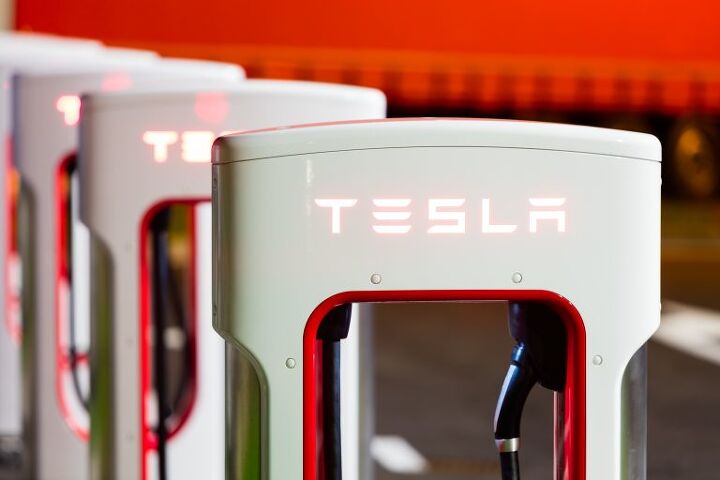












Recent Comments